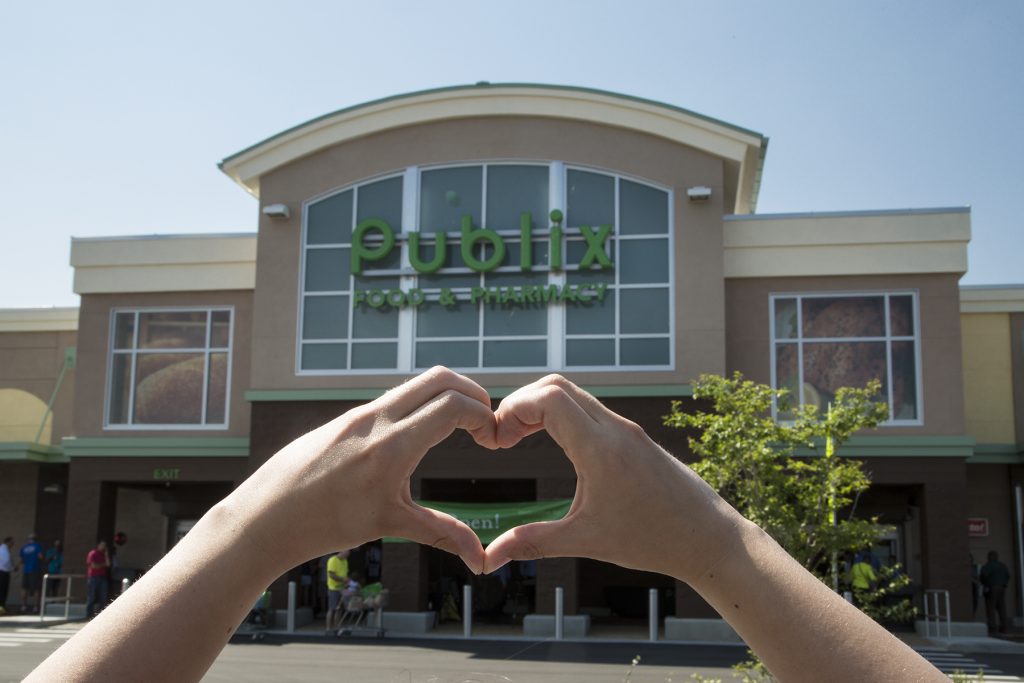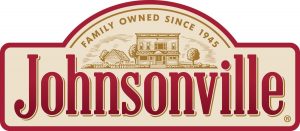 To support those affected by catastrophic flooding in Kentucky, Publix customers can make a donation to the American Red Cross in any amount by adding it to their grocery total while checking out at any store. One hundred percent of donated funds will go to the Red Cross to support relief efforts in Kentucky.
To support those affected by catastrophic flooding in Kentucky, Publix customers can make a donation to the American Red Cross in any amount by adding it to their grocery total while checking out at any store. One hundred percent of donated funds will go to the Red Cross to support relief efforts in Kentucky.
The end date for the campaign will be determined based on customer response. In addition, lPublix, in coordination with elected officials in Kentucky, provided more than 15,000 gallons of water to residents.
Publix Super Markets Charities is also donating $100,000 to the Red Cross to support Kentucky relief efforts.
“We are saddened by the tragic flooding in Kentucky and want to assist those affected,” said Publix Director of Community Relations Dwaine Stevens. “Publix and Publix Super Markets Charities are grateful to have the opportunity to help our neighbors in this time of need and thankful for the continued generosity of our associates and customers.”
Publix, the largest employee-owned company in the United States with more than 230,000 associates, operates 1,300 stores in Florida, Georgia, Alabama, Tennessee, South Carolina, North Carolina and Virginia. For 25 consecutive years, the company has been recognized by Fortune as a great place to work. In addition, Publix’s dedication to superior quality and customer service is recognized among the top in the grocery business.
Publix is committed to being involved as responsible citizens in its communities and devoted to the highest standards of stewardship for stockholders. For associates, that means actively giving their time, talents and treasures to organizations in their local communities. For Publix as a company, it means donating food to Feeding America member food banks and other nonprofit organizations, funding major wetland restoration projects in our operating area and supporting our corporate campaigns.
For updates on the specialty food industry, subscribe to Gourmet News.

